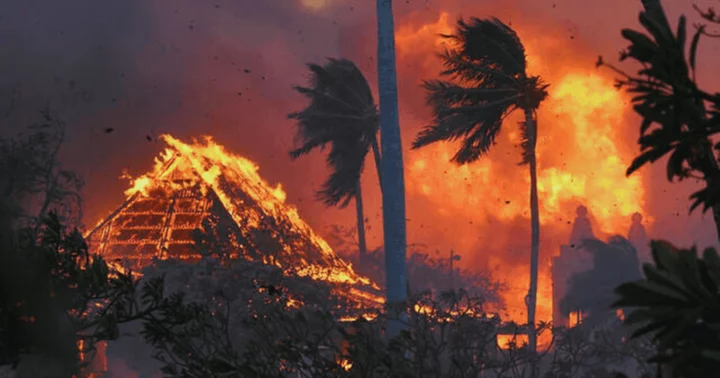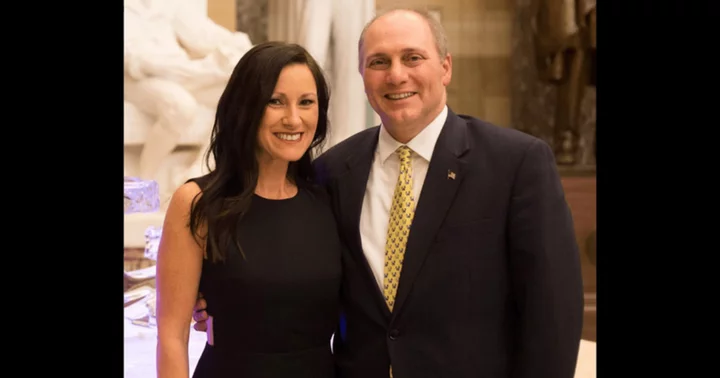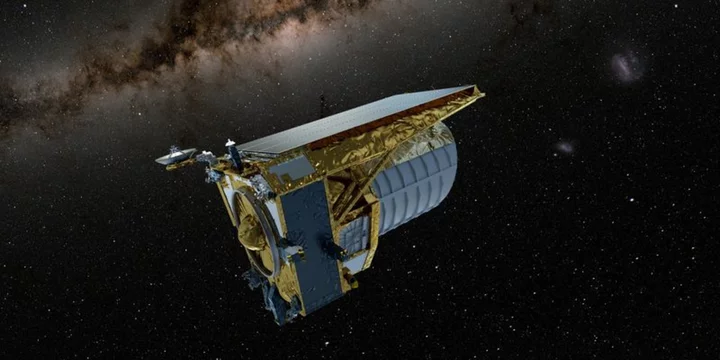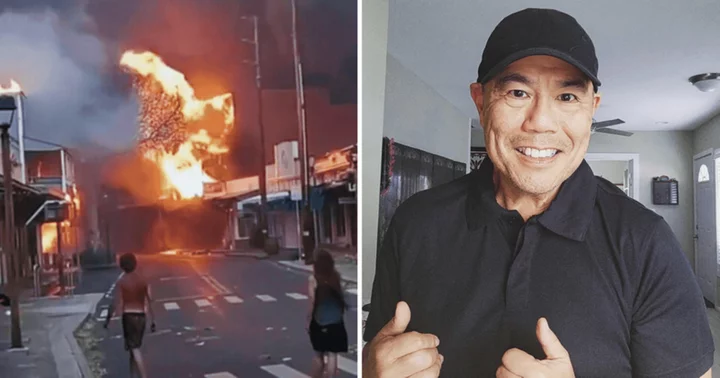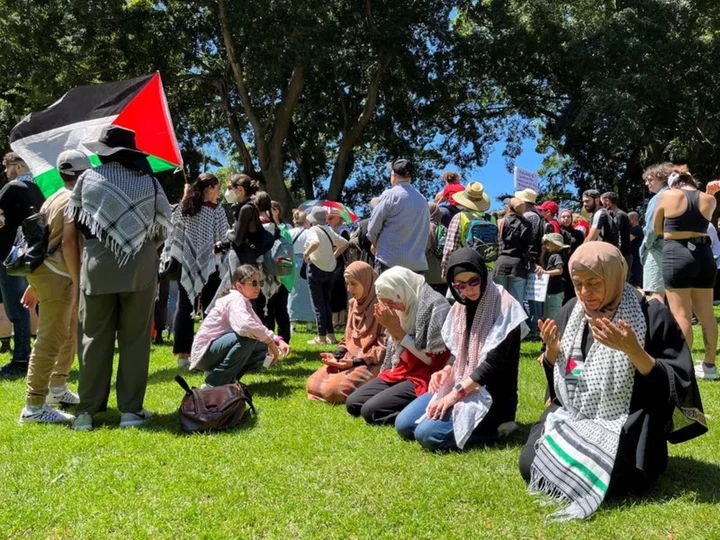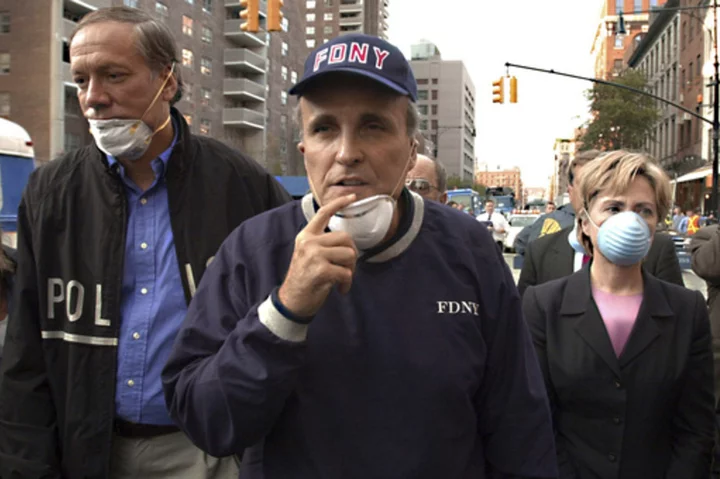MAUI, HAWAII: The picturesque island of Maui in Hawaii was ravaged by a series of wildfires that have claimed the lives of at least 106 people and left behind a trail of destruction last week.
The fires, which rapidly spread across the island, have been attributed to a combination of downed power lines and highly flammable grasses that have been a growing concern for experts.
What caused the fires in Maui?
Flammable grasses
The invasive, non-native grasslands covering a quarter of the Hawaiian islands have been identified as a significant fire risk that experts have been warning about for years. These grasses, including guinea grass, molasses grass, and buffel grass, were originally introduced to the islands for livestock due to their drought-resistant properties.
However, their aggressive growth and extreme flammability have now contributed to the disastrous fires that have swept through Maui, the Independent reported.
Melissa Chimera, coordinator of the Pacific Fire Exchange, a project dedicated to sharing fire science among Pacific island governments, explained, "These grasses are highly aggressive, grow very fast, and are highly flammable."
This deadly combination has created an environment ripe for fires of unprecedented scale and destructiveness. The unusually dry conditions in Maui this year have only exacerbated the risk, with more than 83 percent of the island currently experiencing abnormally dry or drought conditions, according to the US drought monitor.
Tree falling onto powerlines
Adding to the complexity of the situation, downed power lines have also been identified as a potential ignition source for the wildfires. Dramatic videos captured the moment when a wooden power pole snapped under high winds and ignited flames that rapidly spread across the dry grass.
Shane Treu, a resident of Maui, witnessed this scene and described it as a rapid and explosive chain reaction. "It just ran straight up the hill to a bigger pile of grass and then, with that high wind, that fire was blazing… In a matter of minutes, that whole place was just engulfed," he recounted, as quoted by the New York Post.
Satellite imagery further illustrates the extent of the damage caused by these fallen power lines. Whole neighborhoods were reduced to ash in the wake of the flames, leaving thousands of residents displaced.
The footage of the downed power lines may play a pivotal role in legal proceedings against Hawaiian Electric Co, which is facing a class-action lawsuit for allegedly failing to turn off the power despite high wind warnings and toppled poles.
How Maui's fire spread
The chaos unfolded as erratically spreading fires engulfed homes and sparked harrowing escapes, leaving behind a wake of destruction that forced thousands to flee their residences. Among the fires, the Lahaina wildfire stood out as the most destructive and deadly, propelled by extreme winds that propelled it at a staggering pace.
In a video update on a somber Sunday afternoon, Governor Josh Green provided insight into the astonishing speed at which the Lahaina wildfire advanced. The winds, gusting at an astonishing 81 mph, served as the driving force behind the fire's rapid spread.
Green highlighted the meteoric pace at which the fire traveled, stating, "We believe between 60 mph and 81 mph across that part of the island, and that meant that fire traveled one mile every minute." This unprecedented rate of movement transformed what might have been a localized incident into a crisis of monumental proportions, ABC 7 reported.
As the fires raged on, the winds associated with Hurricane Dora, positioned hundreds of miles south of Hawaii, compounded the already dire situation. These winds fanned the flames with unrelenting force, crossing highways, and infiltrating neighborhoods, catching residents off guard.
Lori Moore-Merrell, the US Fire Administrator, described the fire's movement as "low to the ground and structure to structure - incredibly fast that outpaced anything the firefighters could have done in the early hours."
How many houses burned in Maui?
The scale of the devastation caused by the Maui wildfires is staggering. According to Hawaii Governor Josh Green, more than 2,200 structures have been destroyed or damaged by the fires, with residential properties accounting for approximately 86 percent of the total.
The impact on the affected residents is immeasurable, as they grapple with the loss of their homes, possessions, and a sense of security.
In response to the displacement caused by the wildfires, efforts are underway to provide temporary housing for those affected.
The Hawaii Fire Relief Housing Program lists 473 available housing options, in addition to the support being provided by government agencies. Furthermore, over 500 hotel rooms and more than 1,000 additional rooms or houses are being made available to displaced residents, CNN reported.

